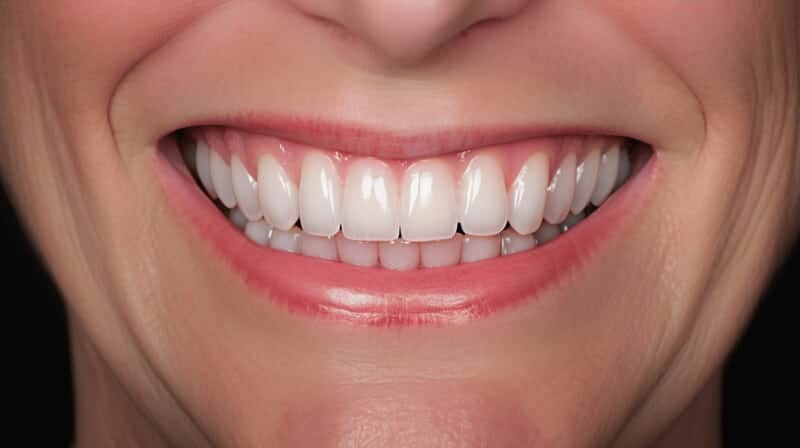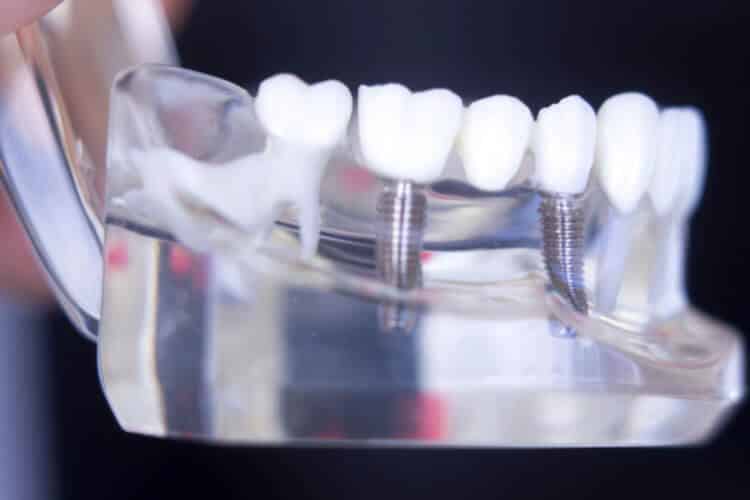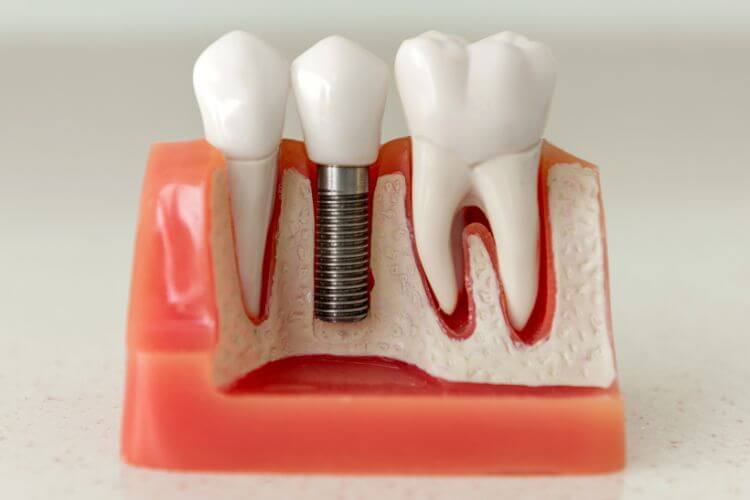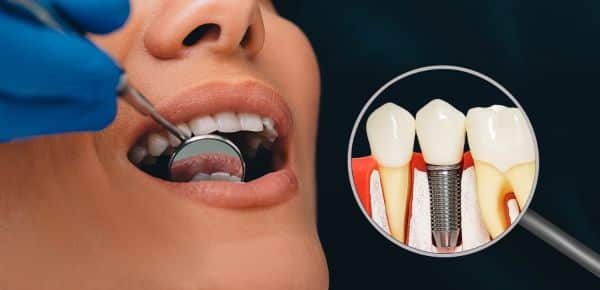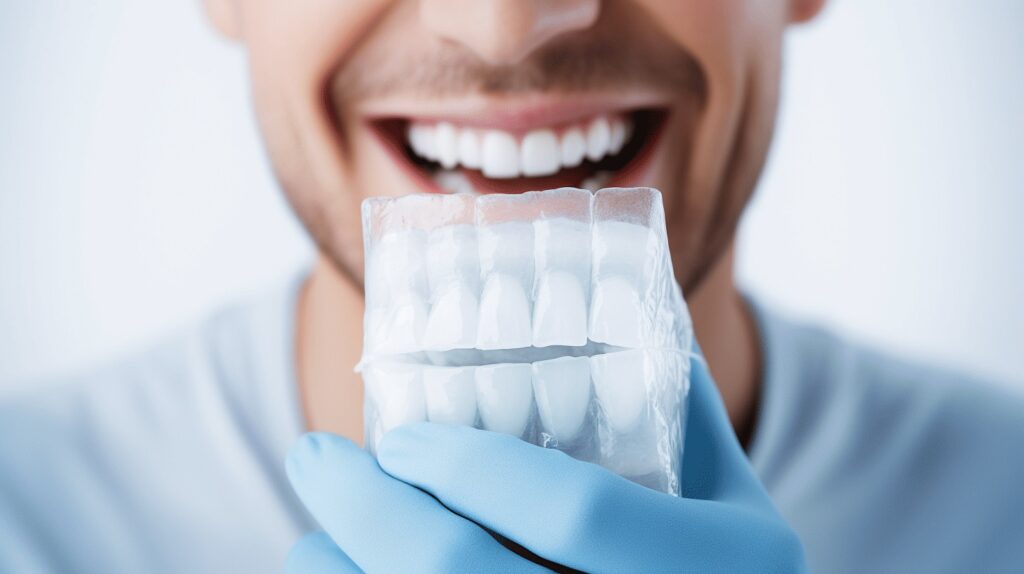Welcome, readers!
Before we delve into the depths of dental implants, we want to commend you for taking the first step toward a healthier, brighter smile. Our oral health is intrinsically tied to our overall wellbeing, and embarking on this journey is a testament to your commitment to self-care.
In the upcoming sections, we’re going to demystify dental implants, breaking down the process and technologies involved. Not to spoil it for you, but these tiny titanium wonders hold the power to replace missing teeth and fully restore your charming smile!
The world of dental implants can seem a tad complicated, but we assure you it’s not. From understanding how they work to exploring their impressive success rates, and even highlighting the factors that can influence these rates- we’ve devised this guide keeping you in mind. What’s even more exciting is that we will shed some light on the emerging advancements in dental implant technology that are set to redefine the landscape of dental care.
So, cozy up, grab a cup of your favorite beverage, and join us as we uncover the fascinating world of dental implants.
Table of Contents
Understanding Dental Implants
So, thinking about getting dental implants, are you? It’s definitely a big decision, but before you make up your mind, let us help you fully understand what that entails. Dental implants often don’t get the attention they deserve, hidden behind the limelight of more well-known procedures like braces. But make no mistake—they’re a gamechanger for folks who’ve experienced tooth loss.
Let’s dive right into it! 🏊♀️
Overview 📄
Dental implants are essentially replacement tooth roots that provide a strong foundation for replacement teeth. They are created to match your natural teeth and offer a long-term solution to tooth loss. 🦷 They’re not just practical, but aesthetically pleasing too!
Here are some key benefits of dental implants:
- Durability: Unlike dentures, which need to be replaced periodically, dental implants are designed to last many years, even a lifetime if properly cared for!
- Improved comfort: Dental implants become a part of you, eliminating the discomfort associated with removable dentures.
- Enhanced oral health: Unlike tooth-supported bridges, dental implants don’t require altering other teeth, leaving more of your own teeth intact, leading to long-term oral health.
To understand more about what makes dental implants unique and beneficial, we highly recommend you look up our insightful “Guide to Dental Implants” for an in-depth exploration.
How They Work ⚙️
Not to get too technical, but the process is really neat, we promise!
The foundation of a dental implant is a titanium screw that’s placed into the jawbone, mimicking the role of a root to support the tooth. Once placed, it bonds with the natural bone, forming a sturdy base. An abutment is then attached to the implant which holds the replacement tooth, known as a crown, in place. Voila! You’ve got a shiny new tooth that looks and feels just like the real deal.
In short, dental implants restore a lost tooth so that it looks, feels, fits and functions like a natural tooth. Now, isn’t that fascinating?
There you have it, folks—a brief run-down of dental implants. We hope you’ve gained a lot more insight into this amazing dental solution. They may not be the star of the dental world, but they definitely play a crucial role in maintaining that sparkly smile we all love! 😃
Success Rate of Dental Implants
We see you there, nuzzling your chin and wondering about the success rate of dental implants. Let’s plunge into the facts and numbers 📊. No more keeping you in suspense—we’ll dish out the statistics right away.
General Stats
In the world of dental implants, the news seems pretty fantastic for those shopping around for new shiny chompers. With success rates booming between 90% and 98% over a span of 5 to 20 years, it certainly creates an environment of trust and reliability. Add to that a whopping success rate of over 95% in implant restoration, and it’s clear why dental implants are taking the dental world by storm.
Lower Jaw vs Upper Jaw
Bet you didn’t think there’d be a difference between your upper and lower jaw when it came to dental implants, did you? 😮 Well, turns out there is! Although the difference isn’t monumental, it is noteworthy. Statistically speaking, the success rate of dental implants in the lower jaw proudly stands at 95%, while the upper jaw trails just a little behind with about 90%.
Cumulative Survival Rates of Implants
Dental implants are the marathon runners 🏃♀️ of the dental universe. They’re in it for the long haul, folks! With an average survival rate of 94.6% after a staggering 13.4 years of follow-up, it’s clear as day 🌞 that dental implants are built to last. Just take a look at the cumulative survival rates at 3, 5, 10, and 15 years—the numbers stand at 98.9%, 98.5%, 96.8%, and 94.0% respectively.
Our Importance of Dental Implants article offers more in-depth understanding and will provide you with all the nitty-gritty details you might need.
As you can see, dental implants indeed uphold their fantastic reputation. They come bearing promises of longevity, success, and a chance to restore your natural smile with minimal hiccups. No wonder they’re creating such a spectacular buzz! 👏🏼🦷
Factors Influencing Success Rate of Dental Implants
We all dream of a beautiful smile, right? A smile that speaks volumes about our confidence! 🤗 The advent of dental implants has turned this dream into reality for millions around the globe. But did you know that the success rate of dental implants can be influenced by several factors? With today’s focus, we hope to illuminate these factors for you. Our aim? Ensuring your path towards that dazzling smile 💫 is as smooth as possible!
Smoking – Restoring Smiles
The most controversial of influences, smoking, has proven detrimental to the success of implants. “Smoking and Dental Implants,” an enlightening article on our blog, truly brings this subject to life. The habit’s notorious impact on oral health can lead to complications like implant rejection, or worse, infection. Simply put, saying ‘quit smoking’ might be your dentist’s first smile-saving tip!
Bone Issues – Restoring Smiles
A sturdy bone structure plays a vital role in anchoring dental implants successfully. If suffering from bone loss or other bone-related issues, the success rate might take a hit. After all, a solid foundation is crucial for any construction, even if it is a dental implant!
Staging of Surgery – Restoring Smiles
Interestingly, the staging of your surgery might be an influential factor too. Single-stage procedures save time, but multi-stage surgeries tend to fare better in the long run. The added healing time ensures better gum health and implant stability. So, don’t be in a rush! Taking it slow might reward you with an everlasting smile 😌.
Diet – Restoring Smiles
You are what you eat, and so are your teeth! A healthy diet full of calcium and other essential nutrients can speed up your healing post-surgery and contribute significantly towards a higher success rate. Fill up your plate with vegetables, proteins, and vitamins, and see the wonders it does for your dental health.
Hygiene – Restoring Smiles
Implants need just as much care as our natural teeth, if not more. A well-maintained oral hygiene routine not only increases the life span of your new teeth but also saves you from potential infections and pains. Brushing, flossing and regular visits to the dentist can keep your implants shining like new!
The journey towards dental implants can be intimidating, and knowledge is your best companion along this ride. Understanding these influencing factors will help you make the most educated decisions, aiding you in your pursuit of the perfect smile. After all, knowledge is power right? And in our case, might even be the power behind a confident, beautiful smile!
Advancements in Dental Implant Technology
Dentistry, just like any other field of medicine, has experienced immense technological advancements over several decades. It has a rich history of innovation, persistently offering new methods and techniques to improve oral health. Recently, one area witnessing tremendous growth is dental implants. We’re here to walk you through some amazing advancements in the world of dental implants that redefine the ways we treat missing teeth.
3D Printing
First up on the list is 3D printing. The future of dental implants is moulded, quite literally, by the evolution of 3D technology. The intangible design of a patient’s new teeth is digitally transformed into a physical model using a 3D printer, rendering a highly precise and customized dental implant. This results in faster recovery times, near-perfect fits, and overall improved patient satisfaction. Isn’t that remarkable? 🦷
UV Light Technology
The next game-changer is UV Light Technology. Many studies have proven that when dental implants are treated with Ultraviolet (UV) light, it speeds up the osseointegration process—the beautiful bit where your jawbone and implant become best buddies, naturally merging together. Plus, UV light therapy can also enhance implant stability and reduce the risk of infection.😷
Antibacterial Coatings – Restoring Smiles
Another powerful advancement to salute is Antibacterial Coatings. This innovation prevents bacterial invasion and fights off potential infections, leading to a safer and healthier oral cavity. Coated implants have an additional shield that wards off harmful bacteria, ensuring your smile stays sparkly fresh and infection-free. 🛡️
Computer-Guided Surgery – Restoring Smiles
Not to forget- computer-guided surgery. This technique employs state-of-the-art technology to create a virtual model of your dental structure, promising a more predictable surgery. By providing a blueprint pre-operation, the surgeon can plan an accurate, personalized procedure, reducing risks and enhancing efficiency. 🖥️
Improved Implant Materials
Last but certainly not least, the use of improved implant materials has revolutionized dental implant procedures. An array of smart materials with superior biocompatibility, durability, and aesthetics are being used today, making implants seem as natural as your original teeth.
All these advancements are supercharging the world of dentistry, particularly implants, to provide patients with optimal results. From accelerated healing to stellar aesthetics, these Advancements of Dental Implants are making waves in the dental world, proving how technology continually improves our lives, one tooth at a time.
Conclusion – Restoring Smiles
The road to restoring a healthy, vibrant smile doesn’t have to be daunting or complicated. With dental implants, not only does one regain confidence, but they also remain adaptable to the continuous advancements in dental technology. At Wilshire Smile Studio, we believe that everyone deserves a smile they don’t need to hide.
Whether it’s a single missing tooth, multiple teeth issues, or a full mouth restoration, we offer top-quality dental implant services tailored to each person’s unique needs. Through a combination of our experienced staff, latest technology, and personalized care, we work assiduously to ensure you achieve your perfect smile in a comfortable and welcoming environment. And at affordable prices!
Isn’t it time you reclaimed the freedom to eat, laugh, and live without worrying about your teeth? Visit our website for more information or book an appointment today. Let’s restore your smiling confidence together! 😄🦷
Book your free consultation with us online or call (323) DENTIST (323-336-8478) today.
Frequently Asked Questions
1. What are dental implants and how do they restore smiles?
Dental implants are artificial tooth roots made of titanium that are surgically placed into the jawbone. They provide a stable foundation for replacement teeth. By replacing missing teeth, dental implants can restore smiles, improve speech, enhance chewing ability, and boost confidence.
2. Is the dental implant procedure painful?
During the dental implant procedure, local anesthesia is used to numb the area, so patients usually do not feel any pain. Some may experience mild discomfort or soreness after the procedure, which can be managed with pain medications prescribed by the dentist.
3. How long does the dental implant process take?
The duration of the dental implant process can vary depending on individual cases. On average, the process can take several months. This includes the initial consultation, implant surgery, osseointegration (the healing process where implants fuse with the jawbone), and the final placement of the dental crown or prosthesis.
4. Are dental implants suitable for everyone?
While dental implants are a popular and effective solution for many people, not everyone is a suitable candidate. Factors such as oral health, gum condition, bone density, and overall health play a role in determining candidacy. A consultation with a dental professional can help determine if dental implants are the right option for an individual.
5. How long do dental implants last?
Dental implants are designed to be a long-term solution. With proper care and maintenance, they can last a lifetime. Regular dental check-ups, good oral hygiene practices, and avoiding habits like smoking contribute to the longevity of dental implants.


